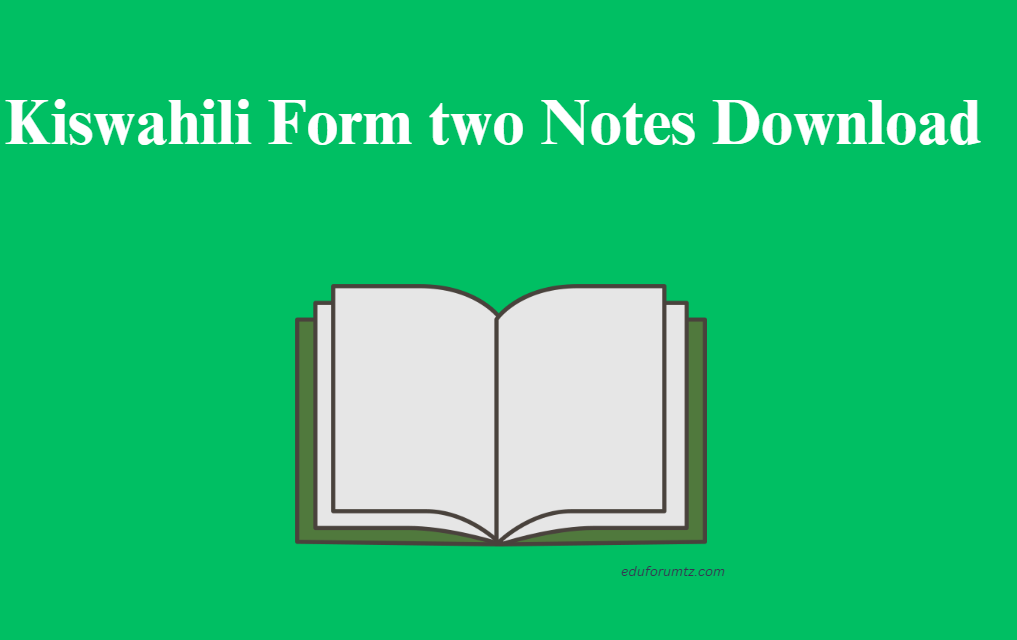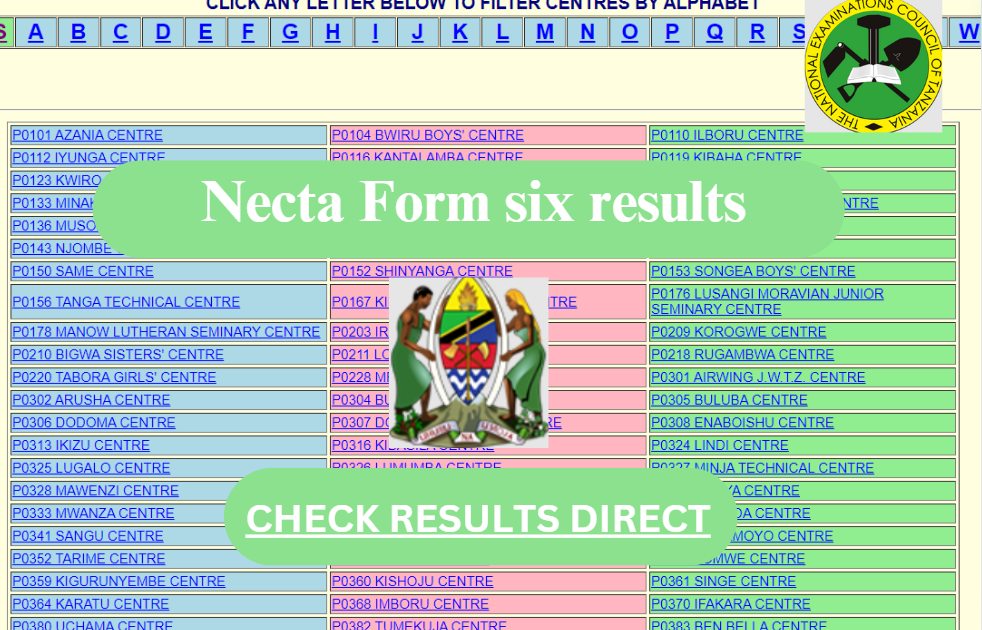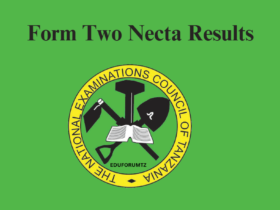Kiswahili Form Two Notes Download
Kiswahili, also known as Swahili, is an important language that serves as a bridge among diverse cultures in East Africa and beyond. As the national language of both Kenya and Tanzania, it has gained prominence as a means of communication and as a symbol of identity and unity among various ethnic groups. For students in Form Two, having access to complete and well-organized Kiswahili notes is crucial for mastering the language and succeeding academically.
Importance of Kiswahili
Kiswahili’s significance goes beyond basic communication; it plays a vital role in cultural exchange, social cohesion, and national identity. With over 230 million speakers worldwide, Kiswahili is one of the most spoken languages in sub-Saharan Africa and is increasingly recognized globally. Its roots trace back to trade interactions between African communities and Arab traders, leading to a rich linguistic blend influenced by various languages, including Arabic, Portuguese, and English.
The language serves as a common tongue in East Africa, facilitating interactions among people from different ethnic backgrounds. This role is particularly important in countries like Kenya and Tanzania, where multiple indigenous languages coexist. Kiswahili not only promotes understanding but also fosters a sense of belonging among its speakers. Additionally, its inclusion in educational curricula emphasizes its importance as a tool for learning and cultural preservation.
Importance of Good Notes
For students on their educational journeys, especially those in Form Two, acquiring quality study materials is essential. Good notes provide a structured approach to learning that can greatly improve comprehension and retention of information. In subjects like Kiswahili, where grasping grammar, vocabulary, and cultural nuances is crucial, well-organized notes can serve as invaluable resources.
Having access to detailed Kiswahili notes allows students to:
- Improve Understanding: Well-structured notes break down complex topics into manageable sections, making it easier for students to grasp intricate grammatical rules and vocabulary.
- Boost Academic Performance: Students who use effective study materials are often better prepared for exams and assessments, leading to improved grades.
- Encourage Independent Learning: Well-crafted notes empower students to study at their own pace, fostering a sense of ownership over their education.
As the 2024/2025 academic year approaches, ensuring that students have access to high-quality Kiswahili Form Two notes is essential for their success.
Downloading Kiswahili Form Two Notes
With the academic year approaching, many students and educators are seeking reliable resources to aid in their studies. The availability of downloadable Kiswahili Form Two notes can significantly benefit learners by providing them with organized content that aligns with their curriculum. These resources often include summaries of key concepts, practice exercises, and explanations tailored to the needs of Form Two students.
To assist you in your academic journey, we have compiled a collection of downloadable Kiswahili Form Two notes for the 2024/2025 academic year. These notes are designed to support your learning experience by offering clear explanations and examples that will help you succeed in your studies.
You can find the link to download these valuable Kiswahili Form Two notes at the end of this article.
Final Thoughts
Kiswahili is not just a language; it is a vital component of East African identity and culture. Its role in education is significant—especially for students eager to learn and master this beautiful language. Accessing quality study materials like Kiswahili Form Two notes will undoubtedly enhance your learning experience and academic performance.
As we move into the 2024/2025 academic year, let’s embrace the opportunity to deepen our understanding of Kiswahili through structured learning resources. By doing so, we not only prepare ourselves for exams but also contribute to the preservation and appreciation of our linguistic heritage.
Download your Kiswahili Form Two Notes here: Notes






Leave a Reply